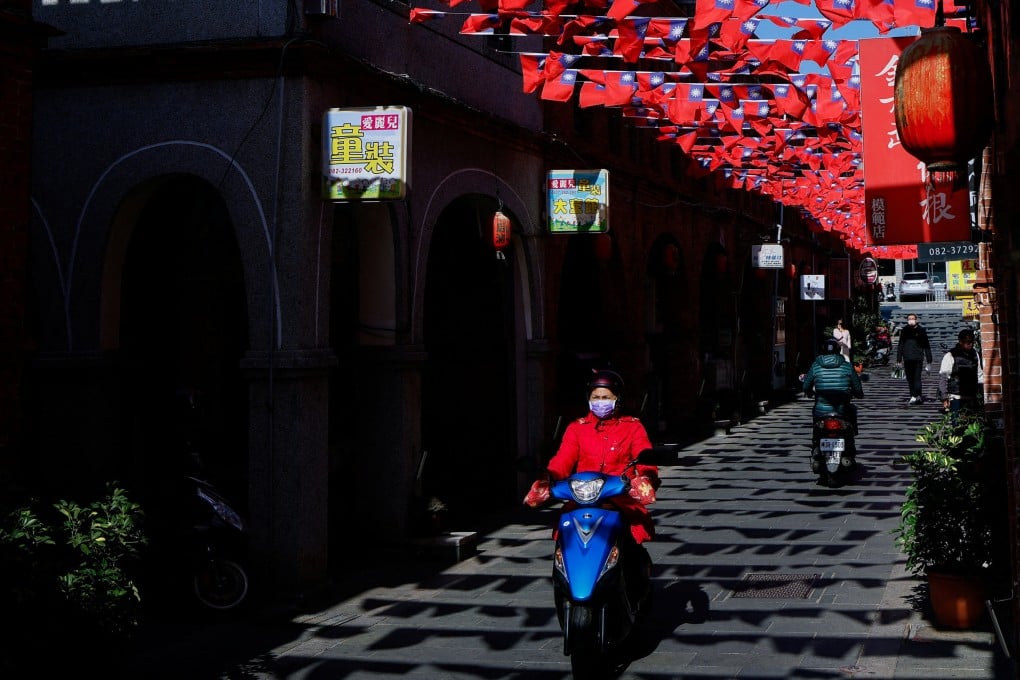Advertisement
Opinion | How multiple global challenges may limit Beijing’s options on Taiwan
- Does Beijing have the political, military and economic muscle to simultaneously handle multiple global security challenges, and deal with Taiwan?
- If the crises in Myanmar, Yemen and the South China Sea continue to worsen, that seems unlikely
Reading Time:3 minutes
Why you can trust SCMP

Geopolitical overexposure could force China to continue accepting the status quo across the Taiwan Strait for the foreseeable future, regardless of whether incumbent vice-president William Lai Ching-te – whom Beijing considers a separatist – wins the island’s presidential election on January 13.
Beijing has festering troubles with the Philippines in the South China Sea and must cope with long-running strife between the Myanmar military and anti-coup rebels at its southwestern border. Plus, like the United States, China is not immune to the threat posed by Yemen-based and Iran-backed Houthi rebels to commercial ships transiting the Red Sea.
The US is dealing with multiple security crises at once. Washington has a stake in Russia’s invasion of Ukraine, the Israel-Gaza conflict and its spin-offs in the Red Sea, Iraq and Syria while striving to contain China in the western Pacific.
Advertisement
While there are doubts as to whether the US can effectively support Ukraine against Russia and Israel against Hamas and its regional allies at the same time, does Beijing have the political, military and economic muscle to simultaneously handle three security challenges and then launch military operations against Taipei? That may be unlikely if the crises in question continue to worsen.
Tit-for-tat skirmishes between China and the Philippines are continuing in the South China Sea, where the two sides are locked in territorial disputes. Last week, two Chinese warships shadowed Philippine and US vessels conducting joint patrols in the strategic waterway, according to the Philippine military.
This was the second combined operation by the two allies in less than two months in the West Philippine Sea – the official designation by Manila of the waters in the South China Sea falling within its 200-nautical-mile exclusive economic zone.
Advertisement
Select Voice
Select Speed
1.00x

